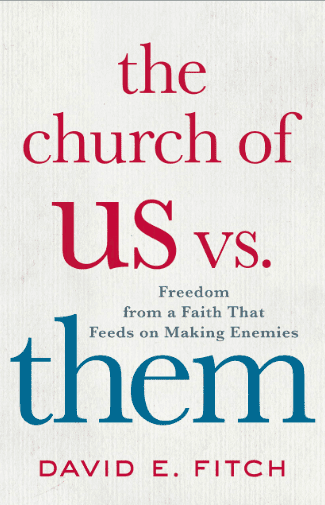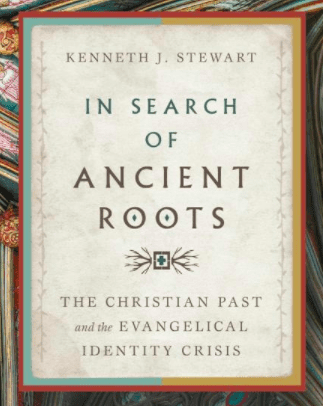Mike Clawson, PhD student at Baylor, had a paper of his published on Roger Olsen’s site, and I am clipping his first two paragraphs. I agree with Mike on this: this movement in America can be described — analytically, historically, reasonably — as neo-fundamentalism. That designation, while for many seen as a slam, is not so much a critique as a warning sign of what is happening in American evangelicalism.
I contend that this growing concern expressed by MacArthur and many other evangelicals represents a new movement within evangelicalism toward what I have termed neo-fundamentalism. This is not simply a return to the original Protestant fundamentalism of the early-twentieth century, though it is analogous to it. Instead, I argue that some conservative evangelicals are reacting to the contemporary influences of postmodernity in much the same way that the original fundamentalists did towards the influences of modernity a century ago – namely through hostility towards the broader culture, retrenchment around certain theological doctrines, and conflict with, or separatism from others within a more broadly defined evangelicalism.[2] Because of these similarities, I want to suggest that fundamentalism as a scholarly category (as opposed to its more derogatory uses in the popular media) is a useful framework within which to understand this contemporary phenomenon.
The driving force behind neo-fundamentalism, as with historic fundamentalism, is a “remnant mentality.” Neo-fundamentalists believe they alone are remaining true to the fullness of the gospel and orthodox faith while the rest of the evangelical church is in grave, near-apocalyptic danger of theological drift, moral laxity, and compromise with a postmodern culture – a culture which they see as being characterized by a skepticism towards Enlightenment conceptions of “absolute truth,” a pluralistic blending of diverse beliefs, values, and cultures, and a suspicion of hierarchies and traditional sources of authority.[3] Because of this hostility toward postmodern ways of thinking, neo-fundamentalists have little tolerance for diversity of opinions among evangelicals on any issues they perceive as essential doctrines – which are most of them – as opposed to the broader evangelical movement which historically has allowed for a much wider range of disagreement on disputable matters.[4] Neo-fundamentalists thus respond to the challenges of a postmodern culture by narrowing the boundaries of what they consider genuinely evangelical and orthodox Christianity, and rejecting those who maintain a more open stance.











